Preventing bullying and giving students the knowledge and skills to create their own safe environments online is the aim of recent Headspace workshops with our Year 7 and Year 8 students.
Secondary students seem far less likely to ask for help or support from teachers at school than they were when they were younger. In fact, they are more likely to turn to their friends or seek support online. These workshops provide students with helpful information and survey responses from other people their age about how they experience, and respond to direct, indirect and cyber bullying.
Students in the workshop identify the roles of people involved in a bullying situation, recognising that it’s not just the bullied students who need support. Students may see bullying around them, have friends who are bullied or may be bullying themselves. All of these young people feel the stress associated with bullying and may need support to manage their situation or to support another young person in theirs.
In particular, the workshops investigate the role of the bystander and the effect bystanders can have on a bullying situation. Students come away from the workshop with a ‘Triple R’ bystander plan to guide bystander responses in a bullying situation.
The workshops also help students to understand that cyberbullying is another mode of bullying and to recognise when they may be at risk of becoming involved in bullying and other relationship issues online, and what they can do about it.
Headspace is the National Youth Mental Health Foundation, providing early intervention mental health services to 12-25 year olds, along with assistance in promoting young peoples’ wellbeing. This covers four core areas: mental health, physical health, work and study support and alcohol and other drug services.
One of the primary aims of these school workshops is to provide schools with information about how to access further support for students, and resources for a whole school community approach to reduce and prevent bullying. For more information on what you can do as a parent to assist your child’s mental health, download this flyer or visit Headspace.
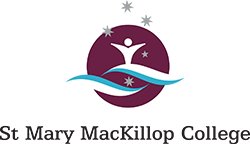
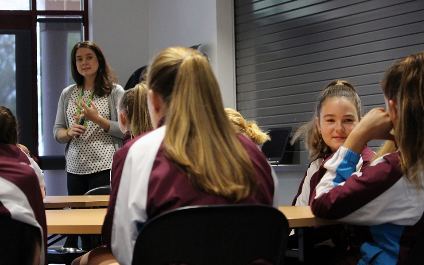
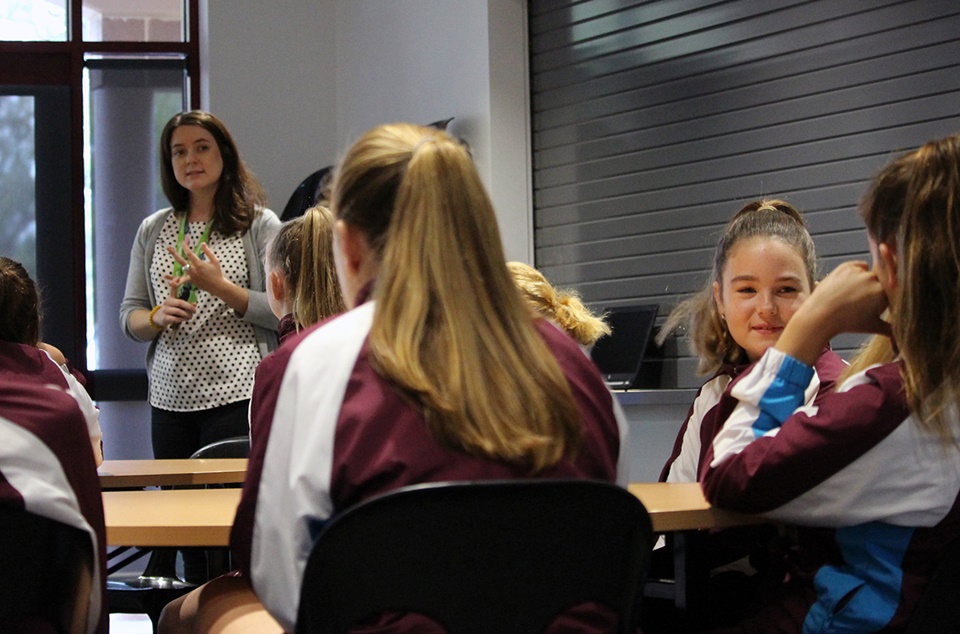
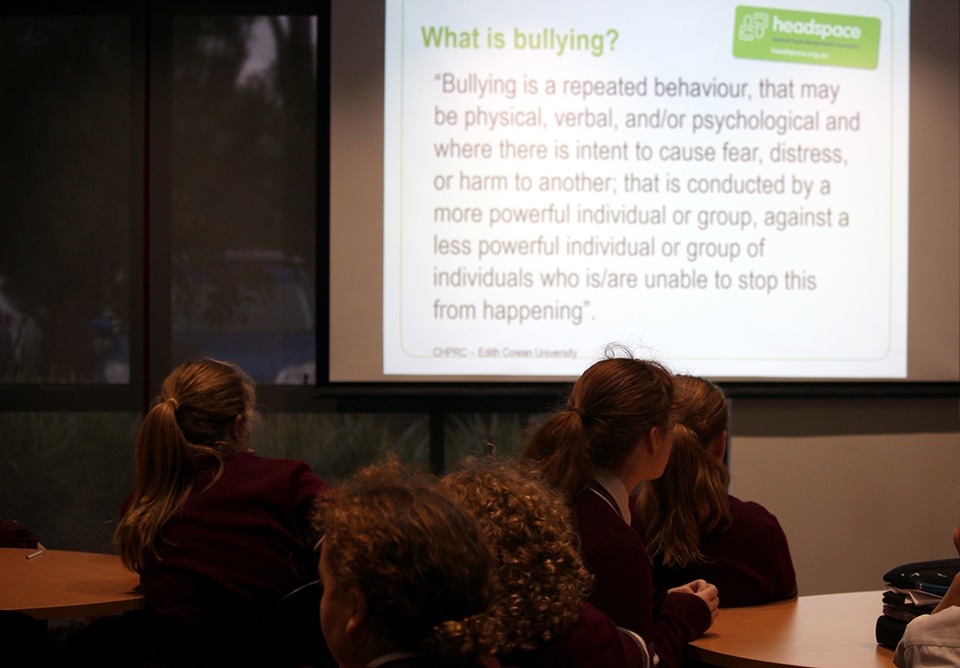
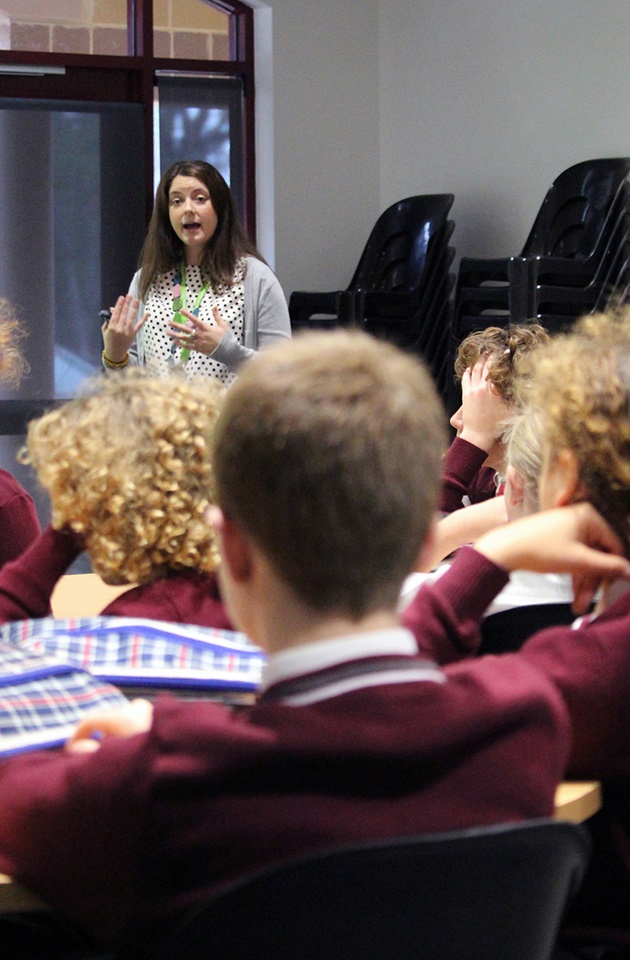
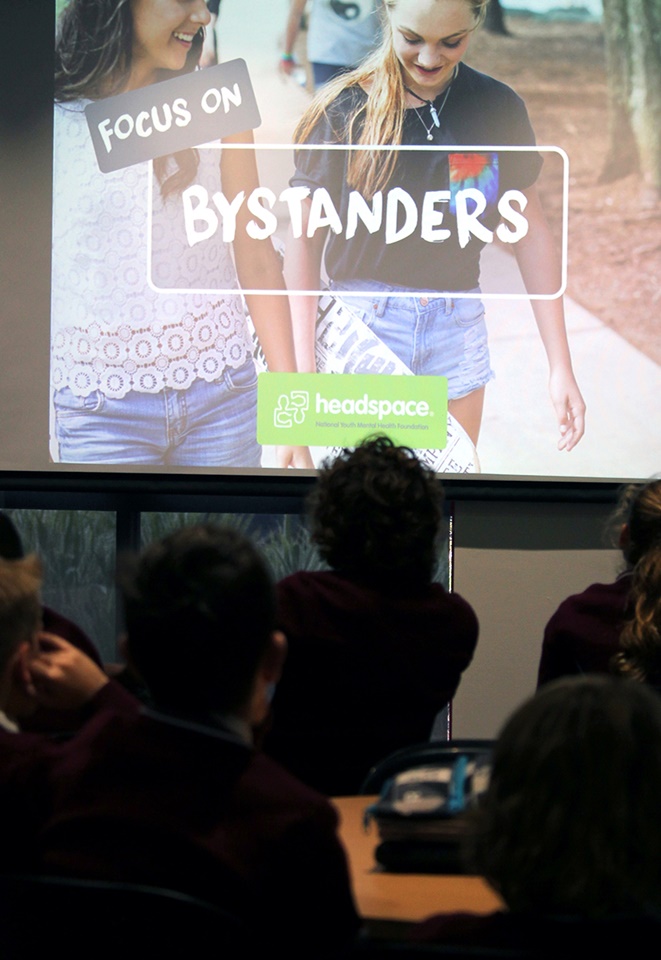
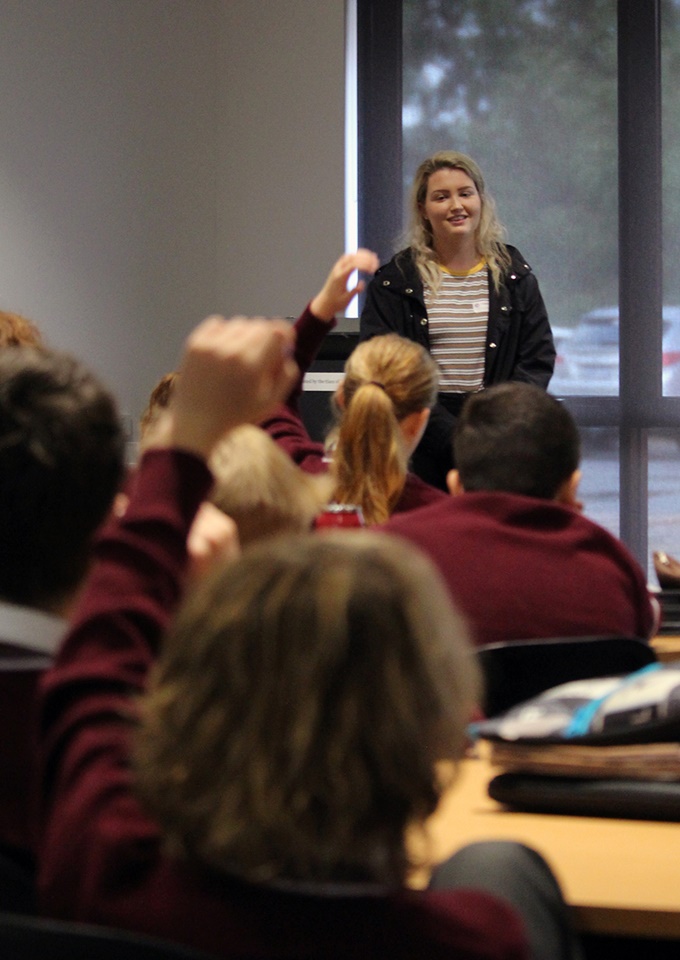
You must be logged in to post a comment.